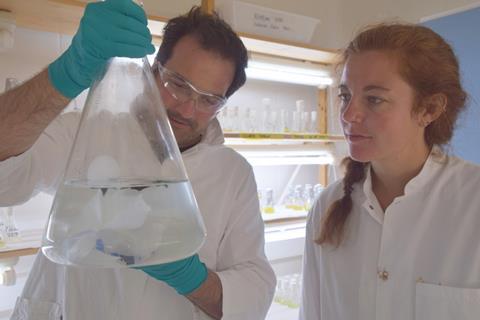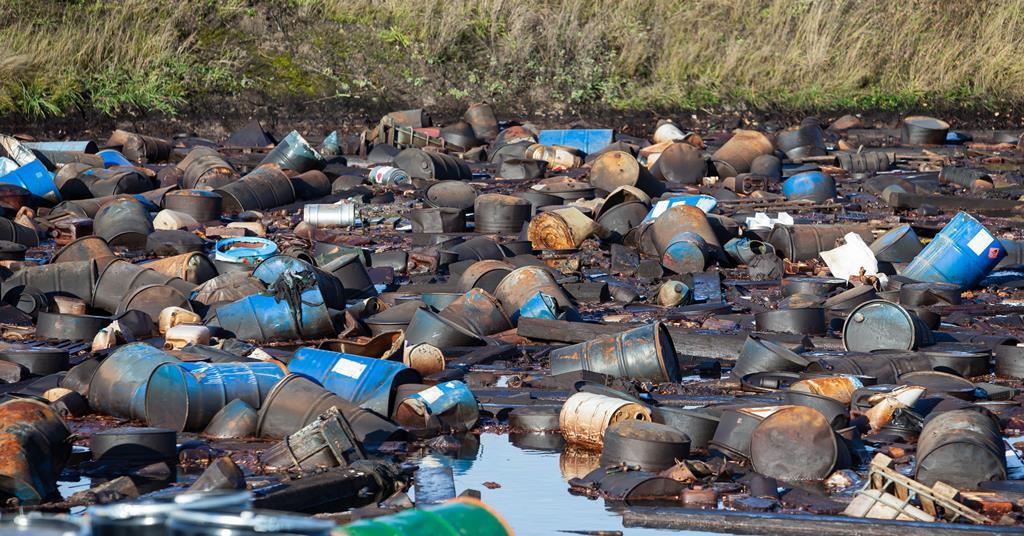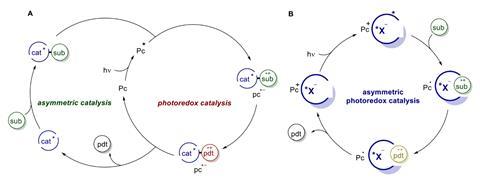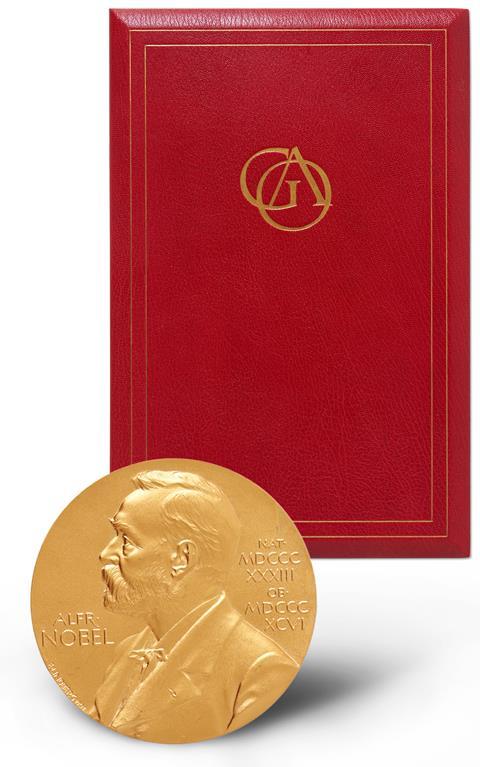Chemists in Japan have found a reaction that creates four new bonds to one carbon atom, in a single step. The reaction was an accidental discovery during experiments involving N-heterocyclic carbenes. Many chemical reactions involve adding a carbon-containing unit to a substrate molecule. But almost none involve adding just a single carbon atom. This is […]
Read More








